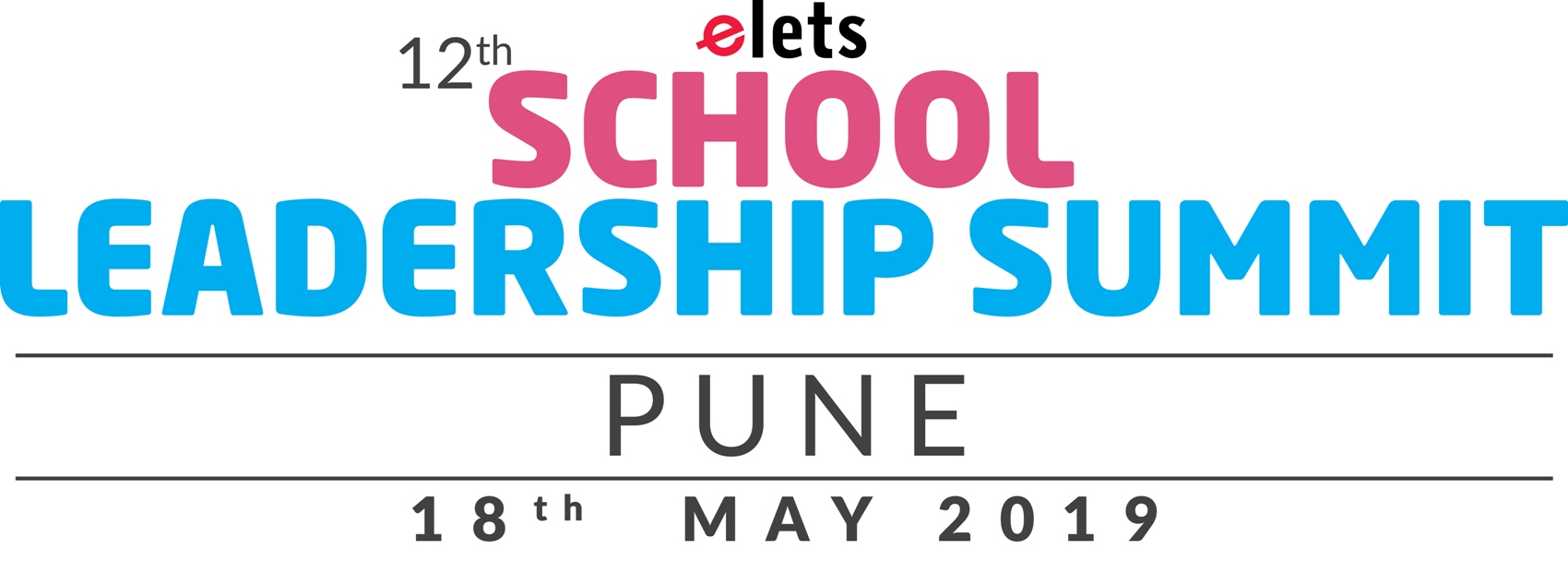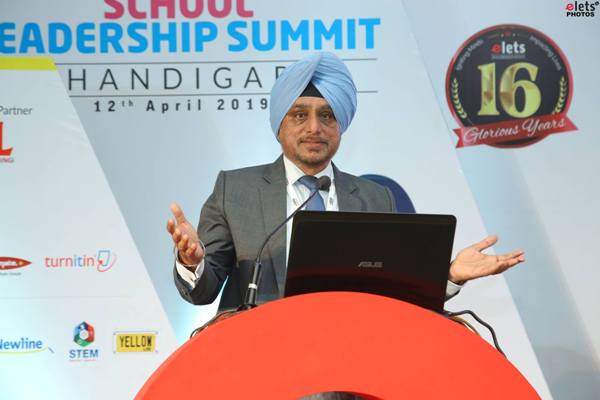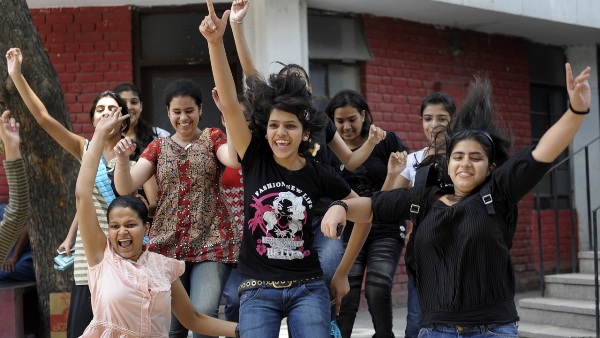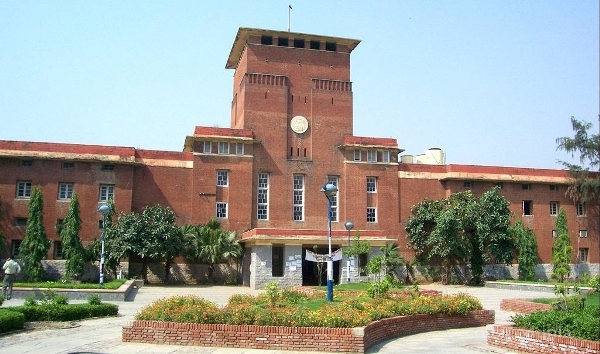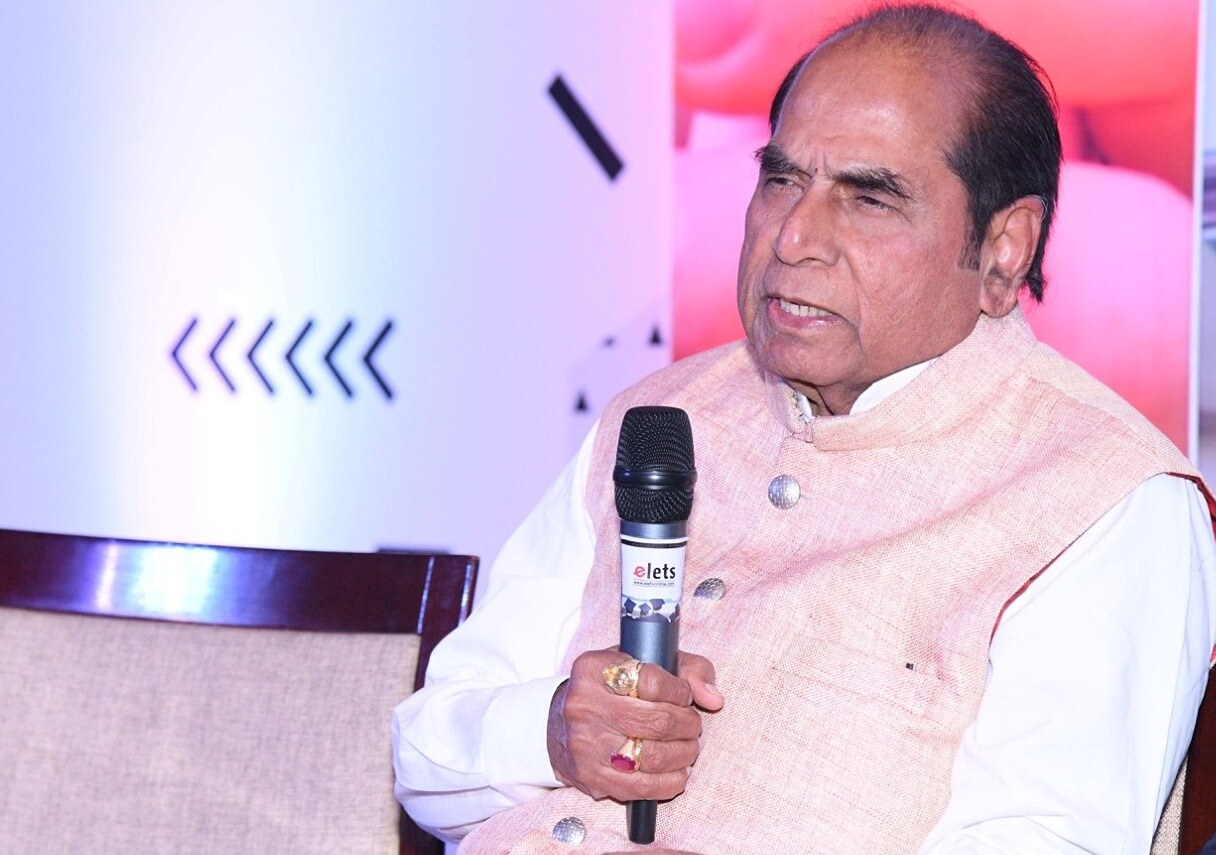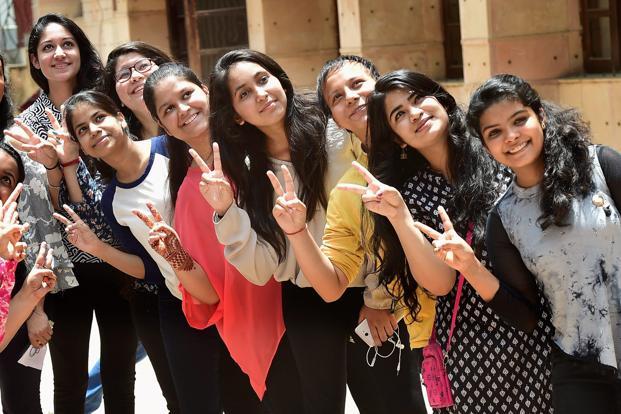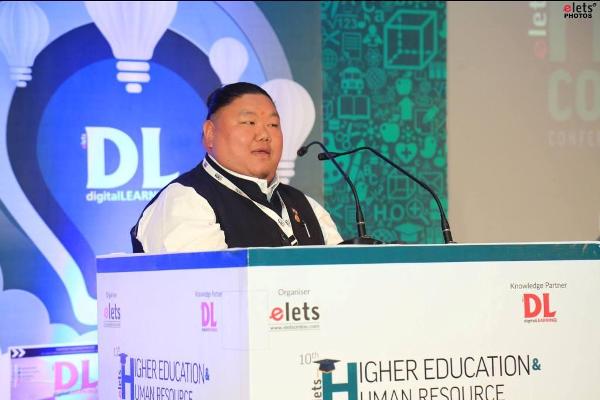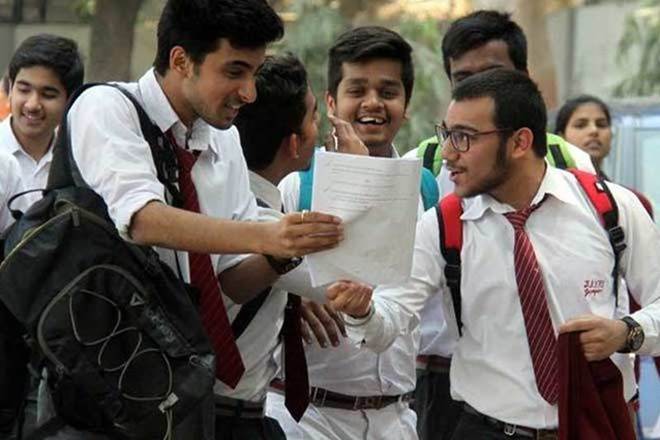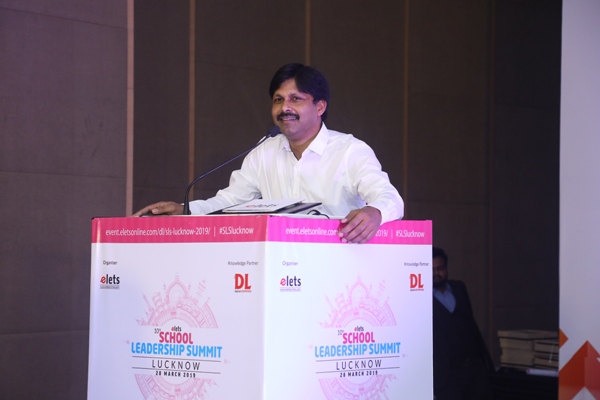12th School Leadership Summit Pune will be a confluence of best brains linked to school education sector such as well-known edu-experts, decision-makers, innovators, and influential leaders.
The summit will be organised by Elets Technomedia Pvt Ltd, Asia and Middle East’s premier technology and media research organisation, is all set to organise 12th edition of its flagship summit in Pune on May 18, 2019.
Edu-leaders will share innovative ideas, best practices, latest trends, and discuss key challenges prevailing in the Indian school education sector during the day-long conference. The summit is supposed to support the roadmap of India’s brighter future.
Speaking about the Summit, Dr Ravi Gupta, Editor-in-Chief, digitalLEARNING Magazine and Founder Publisher and CEO, Elets Technomedia Pvt Ltd, said, “The 12th edition of the summit will witness the participation of over 130 schools showcasing their innovative practices and exemplary contribution to the Indian education sector.”
The Summit will hold Panel Discussions on topics like: Technology in Education: Facilitating Collaborative Learning in Schools; Redefining Assessments in School Education; Why Physical Education is Essential Element in Overall Development of a Student; and Personalised Learning Environment: Balancing Teachers’ Role and Student Autonomy.
The summit will also include industry presentation from renowned edupreneurs, stakeholders, and industrialists.
Top schools from Maharashtra, Gujarat and Rajasthan will also be facilitated during the School Leadership Summit Pune.







